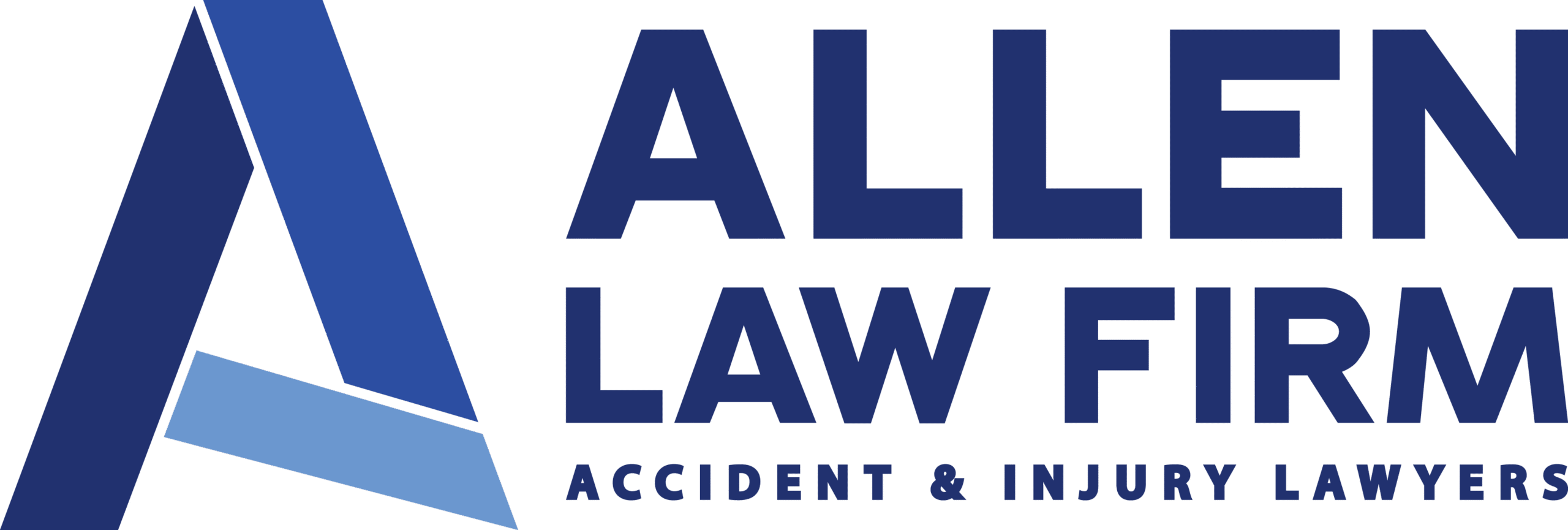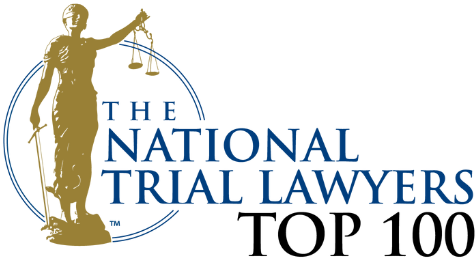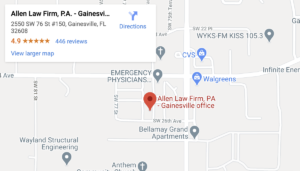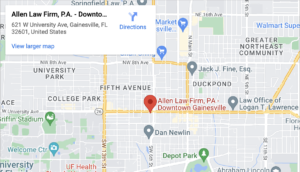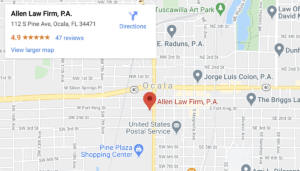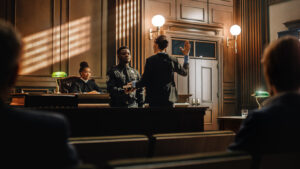
There are two ways to question a witness at a deposition or a trial – by direct examination and by cross-examination. A direct examination is the initial questioning of a friendly witness by a lawyer seeking to establish a prima facie case. A cross-examination is an examination of a hostile witness for the purpose of discrediting them or contradicting the testimony they offered on direct examination. Direct examination is an art that attorneys frequently ignore.
Building a Prima Facie Case

A prima facie case is enough evidence to gain a judgment or verdict in your favor in the absence of contrary evidence put forward by the defense. At a trial, the plaintiff will present their case first. When the plaintiff rests their case, the defendant will typically ask the judge to dismiss the case. The justification will be the defendant’s assertion that the plaintiff failed to establish a prima facie case; therefore, the argument goes, the defendant’s evidence won’t affect the outcome anyway.
If the judge accepts the defendant’s motion to dismiss, the case is over, and the defendant wins. If the judge denies the motion to dismiss, it is because the judge believes that the plaintiff has established a prima facie case. The defendant must then present their own case. The defendant’s case must include enough rebuttal evidence to dismantle the defendant’s prima facie case.
The Purpose of Direct Examinations
The plaintiff’s purpose in questioning every witness they call is to help build their prima facie case and to strengthen their prima facie case to the point that the defendant cannot successfully rebut it with any contrary evidence.
Preparing for Direct Examinations
Start preparing for your direct examination well in advance of trial and consider the following guidelines:
- Thoroughly understand your theory of the case. Why is your client entitled to win? What evidence proves that entitlement? How does each witness figure into your strategy for establishing a prima facie case and strengthening it as much as possible? What are the three or four most important points you would like each witness to make?
- Rehearse your direct examination exhaustively with your witness well in advance. Your witness should know exactly what to expect from you. You might even want to recruit a third party to play the role of the opposing attorney to object to the questions you ask.
You need to prepare expert witnesses in a different way than you prepare eyewitnesses, and you need to conduct direct examinations differently as well.
Tips for Direct Examinations
When examining friendly witnesses, observe the following tips:
- Never ask your witness a question that you don’t already know the answer to. You can elicit answers from your witness before the deposition or trial to make sure that none of their answers catch you by surprise. However, surprises can still occur nonetheless.
- Start off by asking questions that establish the witnesses’ background. “What is your full name?” is a good place to start. You can further ask about the witnesses’ address, occupation, and more, even if this information is not directly relevant to your purpose for calling them to the witness stand.
- Ask open-ended questions rather than questions that call for a “yes” or a “no” answer. Such questions allow your witness to tell a story, and they allow the court to know everything that they need to know to find in your favor.
- Use vague prompts to encourage the witness to continue their narrative. “Proceed,” “What happened next?” and “Go on…” are typically effective prompts.
- Generally speaking, avoid leading questions. The defendant will object to them, and the judge will typically sustain their objection.
- Suppose your witness forgets something important, such as the fact that the defendant reeked of alcohol. That might be a good time to ask the leading question, “Did you smell alcohol on the defendant’s breath?” Although the defendant will object and the judge will sustain the objection, it will remind your witness of what they forgot. You can then rephrase the question as, “Did you notice anything else?”
- Give your witness a chance to explain away weakness in your case that the defendant will surely exploit later. Your witness may have apologized after a car accident “just to be polite,” for example. Such an error needs an explanation.
There are many other tips that an experienced courtroom lawyer will know by heart. In addition to observing these tips, be sure to thoroughly prepare your witness for a hostile cross-examination.
A Gainesville Personal Injury Lawyer Can Help You Build a Solid Case
Don’t try to win a personal injury claim on your own, especially in court. An experienced Gainesville personal injury lawyer should know exactly the right questions to ask your witnesses. They should also know how to cross-examine the defendant’s witnesses to your advantage. The attorneys at Allen Law Accident & Injury Lawyers want to help you. Schedule a free consultation with us or call (877) 255-3652 today.
